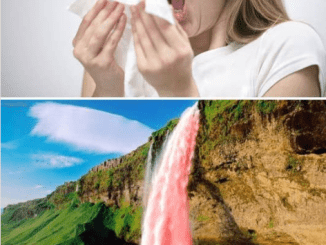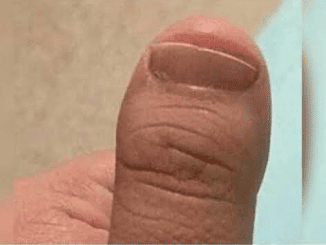Pollinators—tiny creatures like bees, butterflies, and even bats—might seem insignificant at first glance. Yet, they play an absolutely vital role in maintaining our ecosystems and supporting global agriculture. Without these small yet mighty workers, our world would look drastically different, and not for the better.
Despite their crucial role, pollinators are increasingly under threat. From habitat loss to pesticide exposure, the challenges they face are daunting. It’s time to understand why protecting pollinators is essential and how we can help secure their future.
Why Are Pollinators So Important?
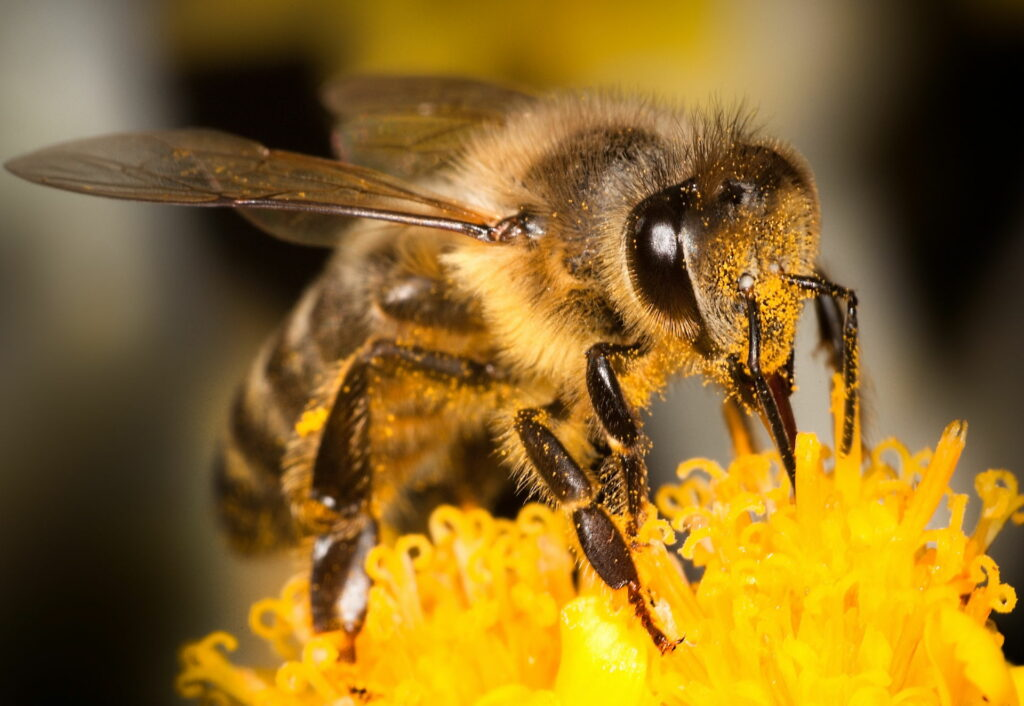
Imagine walking through a garden without the vibrant colors of flowers or enjoying a meal without the diverse fruits and vegetables we often take for granted. Pollinators make this abundance possible. They are responsible for transferring pollen from one flower to another, enabling plants to produce seeds and fruits.
Around 75% of the world’s flowering plants and about 35% of global food crops depend on pollinators. From apples and almonds to coffee and cocoa, countless foods rely on their work. Simply put, without pollinators, our diets and natural environments would suffer tremendously.
The Unsung Heroes of Agriculture
While bees are the most well-known pollinators, they’re not the only ones doing the heavy lifting. Butterflies, moths, beetles, birds, and even small mammals like bats contribute to pollination. Each of these creatures plays a unique role in different environments, supporting both wild ecosystems and commercial agriculture.
For instance:
- Bees: Responsible for pollinating many fruit and vegetable crops.
- Butterflies and Moths: Aid in the pollination of wildflowers and certain crops.
- Bats: Essential for the pollination of plants like agave and various tropical fruits.
- Birds: Especially hummingbirds, play a role in pollinating brightly colored flowers.
Video : Why Are Pollinators So Important?
These species together create a network that ensures the survival of countless plants. When one link weakens, the entire system can falter.
The Alarming Decline of Pollinator Populations
Sadly, pollinators are facing a severe decline worldwide. Factors contributing to their reduction include:
- Habitat Loss: Urbanization and deforestation reduce the natural spaces they rely on.
- Pesticide Use: Chemicals harmful to insects can kill pollinators or disrupt their behaviors.
- Climate Change: Altered weather patterns affect flowering times and migration routes.
- Diseases and Pests: Invasive species and pathogens can decimate pollinator populations.
One of the most alarming declines has been observed among honeybees, essential for commercial crop pollination. The phenomenon known as Colony Collapse Disorder (CCD) has wiped out entire hives, leaving beekeepers and scientists searching for answers.
Why Should We Care About Pollinators?
You might wonder why the loss of these tiny creatures is such a big deal. The answer lies in the food chain. Pollinators are directly responsible for one out of every three bites of food we eat. Without them, our diets would lack variety and nutrition.
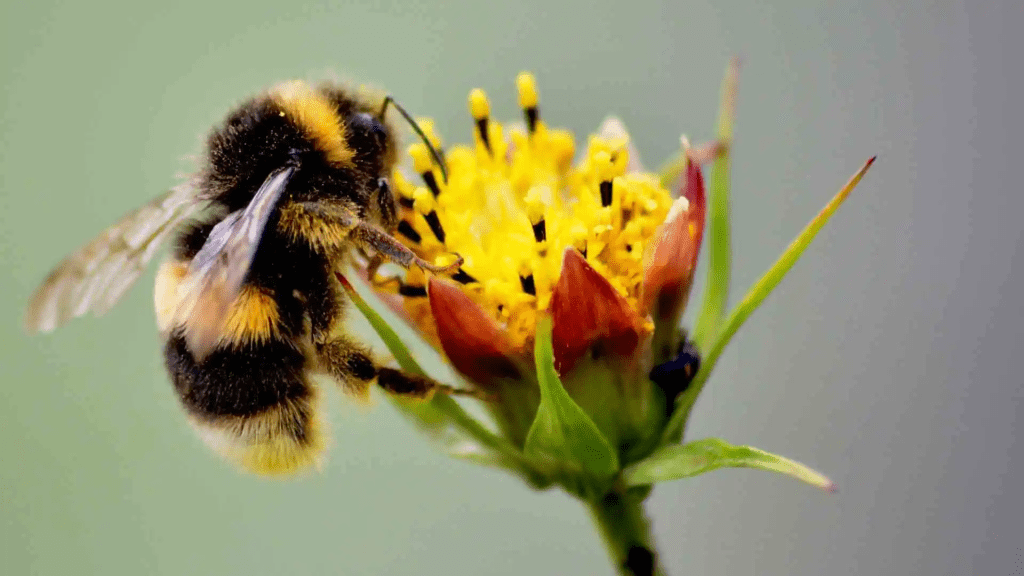
Not only would food production decrease, but the prices of remaining produce would skyrocket. Staple crops like berries, nuts, and coffee would become scarce, while animal species that depend on pollinated plants would also be affected.
The Economic Impact of Losing Pollinators
Pollinators aren’t just vital to the ecosystem—they’re crucial for the economy too. The global economic value of pollinators is estimated at $235 to $577 billion annually. Agriculture industries that rely heavily on pollination, such as fruit and vegetable production, would face devastating losses.
Farmers are already feeling the strain, as dwindling bee populations increase the cost of hand pollination or transporting hives to farms. If this decline continues, the economic and environmental fallout will be immense.
How Can We Protect Our Pollinators?
Thankfully, there’s hope. Simple actions at both individual and community levels can make a significant difference. Here are some practical steps to protect pollinators:
- Plant Pollinator-Friendly Gardens: Choose native flowers that bloom at various times of the year to provide a continuous food source.
- Limit Pesticide Use: Opt for organic gardening methods and avoid harmful chemicals.
- Create Habitats: Incorporate bee hotels, birdhouses, and wildflower patches to support diverse species.
- Support Local Beekeepers: Buying local honey helps maintain bee populations and supports sustainable practices.
- Raise Awareness: Educate your community about the importance of pollinators and encourage conservation efforts.
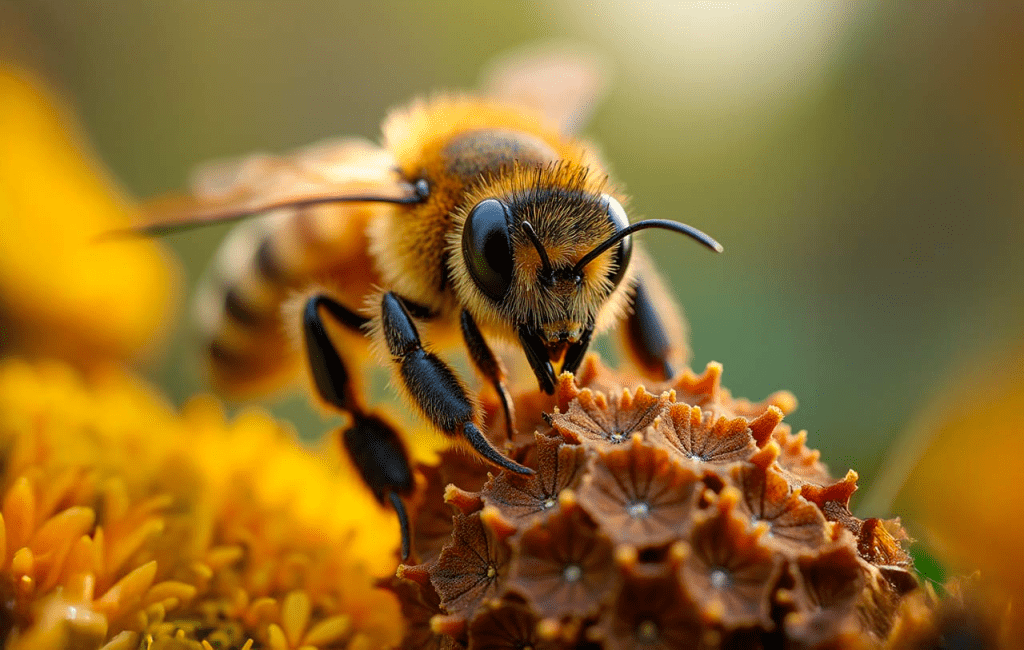
Success Stories: Communities Making a Difference
Some communities are already making strides to protect pollinators. Cities like Portland, Oregon, have designated themselves as Bee-Friendly Cities, committing to reducing pesticide use and creating green spaces. School gardens that focus on native plants and pollinator education are sprouting up nationwide, teaching future generations the value of biodiversity.
Even companies are stepping up by planting pollinator habitats near production facilities and investing in research on safer agricultural practices. These efforts highlight how collective action can lead to real change.
The Role of Policy and Research
Governments and scientists are also playing their part. Policies aimed at reducing harmful pesticides, restoring habitats, and funding research into pollinator health are gaining traction. Conservation organizations are advocating for stricter regulations and providing guidance on pollinator-friendly practices.
Video : Why Pollinators Are Important To The Ecosystem
Research is focused on understanding the root causes of pollinator decline, particularly investigating the impacts of neonicotinoid pesticides and habitat fragmentation. By identifying key stressors, scientists hope to develop solutions that protect both pollinators and agricultural interests.
Conclusion: A Call to Action for Our Tiny Heroes
Pollinators may be small, but they carry the weight of the world on their delicate wings. Without them, our ecosystems and food systems would crumble. Protecting these vital creatures requires effort from all of us—from planting native flowers to supporting policies that reduce harmful chemicals.
Let’s take inspiration from successful community initiatives and push for greater awareness. By protecting pollinators, we’re not just saving bees and butterflies—we’re safeguarding our future. So, the next time you see a bee buzzing around your garden, take a moment to appreciate the incredible work it does. Together, we can ensure that these tiny heroes continue to thrive.

